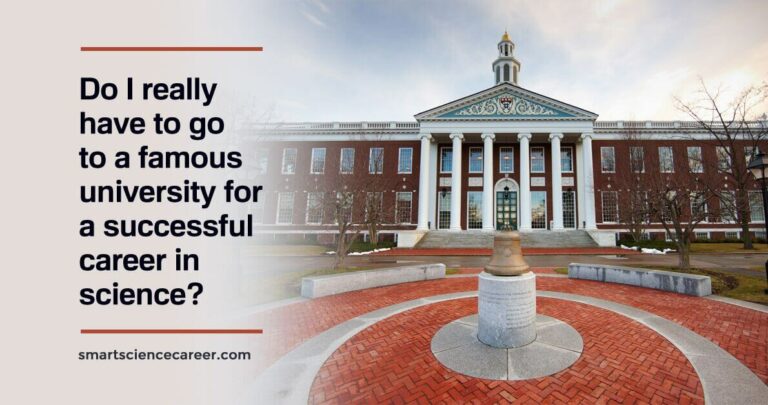5 strategies to block the career of female scientists with gender policy
After several decades of fighting for equal rights for women in academia, there are new rules and guidelines on the European and national level to support the career of women in science. One strategy is to aim for an equal distribution of genders in all academic settings. Surprisingly, these critical strategies for gender equality have some unwanted side effects that impair specifically the careers of young female scientists.










